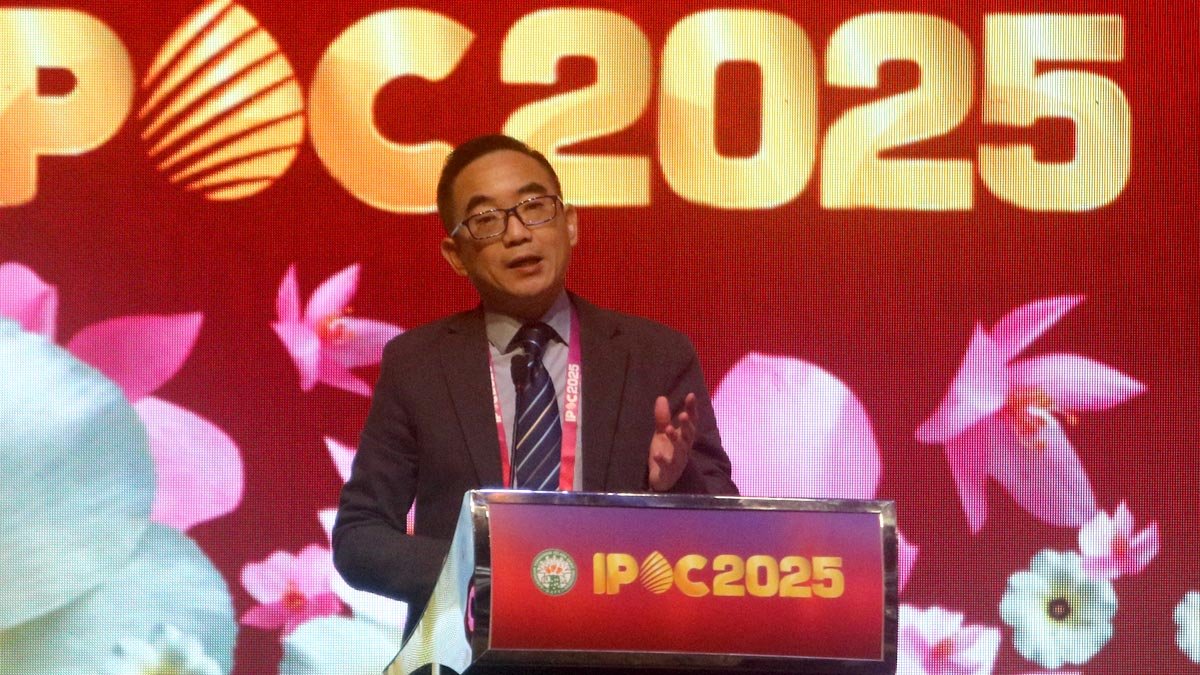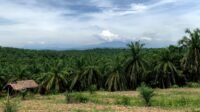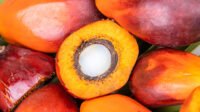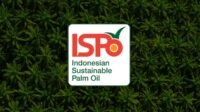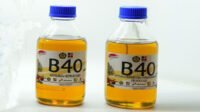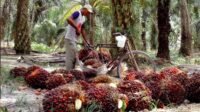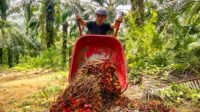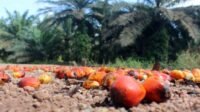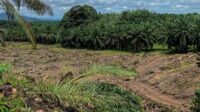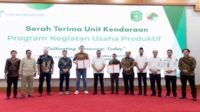PALMOILMAGAZINE, NUSA DUA, BALI — Reciprocal tariff negotiations with the United States emerged as one of the most strategic issues discussed during the 2025 Indonesia Palm Oil Conference (IPOC). Alvin Tai, Soft Commodities Analyst at Bloomberg Intelligence, outlined how Washington’s new trade approach could reshape regional palm oil export dynamics and create significant pressure for Indonesia.
Malaysia has already moved a step ahead through its recent bilateral trade agreement with the United States. Under the deal, Malaysia secured a general tariff of 19%, with the same 19% tariff applied to palm oil, cocoa, and rubber.
In return, Malaysia agreed to import semiconductors, aerospace components, and data-center equipment worth USD 150 billion over five years, purchase coal and telecommunications products worth USD 204 million over ten years, commit USD 70 billion in capital investment, and lift export restrictions on rare earth minerals.
Also Read:
According to Tai, this arrangement positions Malaysia to maintain its competitive edge in the US market while strengthening its strategic partnerships in the technology sector.
Indonesia Still Negotiating: US Demands Are Significant
Indonesia has not yet reached an agreement with the United States. Based on Tai’s analysis, Washington is asking for a substantial return package in exchange for potentially lowering palm oil tariffs. These demands include:
- Increasing purchases of US energy products by USD 15 billion annually,
- Importing US agricultural goods worth USD 4.5 billion per year,
- Purchasing 50 Boeing aircraft,
- Reducing tariffs by up to 99% for industrial, food, and agricultural products, and
- Removing a wide range of non-tariff barriers on US agricultural commodities.
This negotiation push is seen as a downstream impact of the US–China trade war, compounded by Washington’s long-standing trade deficit with Indonesia. In 2024 alone, the US recorded a deficit of USD 17.8 trillion.
Tai warns that a new tariff deal could have major consequences: Indonesia risks being flooded with more than USD 4.5 billion worth of US agricultural goods, potentially undermining domestic producers.
Rupiah Under Pressure, External Balance Weakening: Indonesia Must Act Strategically
Tai also highlighted Indonesia’s increasingly fragile macroeconomic outlook. The country’s balance of payments has turned negative, while the Rupiah has fallen to its weakest level in history against the Singapore Dollar, Malaysian Ringgit, and Thai Baht.
Given these pressures, Indonesia urgently needs to strengthen export performance to stabilize its trade position. With palm oil serving as the nation’s largest export contributor, the sector is central to this effort.
However, Tai noted that the planned implementation of the B50 biodiesel mandate could create a dilemma. Diverting too much palm oil to domestic biofuel production could weaken Indonesia’s export capacity—precisely when the country needs a stronger surplus.
Diplomacy Will Define Indonesia’s Palm Oil Future
Tai emphasized that the outcome of US–Indonesia negotiations will significantly shape the future of the palm oil sector. Unfavorable tariffs could weaken Indonesia’s competitiveness against Malaysia. Conversely, a well-negotiated agreement could unlock new export opportunities and support national trade stability.
“Diplomacy and negotiation skill will determine whether Indonesia emerges stronger or becomes overwhelmed by a wave of reciprocal tariff demands,” he stated.
Amid global uncertainty, trade conflicts, and the threat of import surges, Indonesia must craft a precise and strategic response. The year 2026 is expected to become a defining point for the long-term trajectory of the country’s palm oil industry. (P3)

